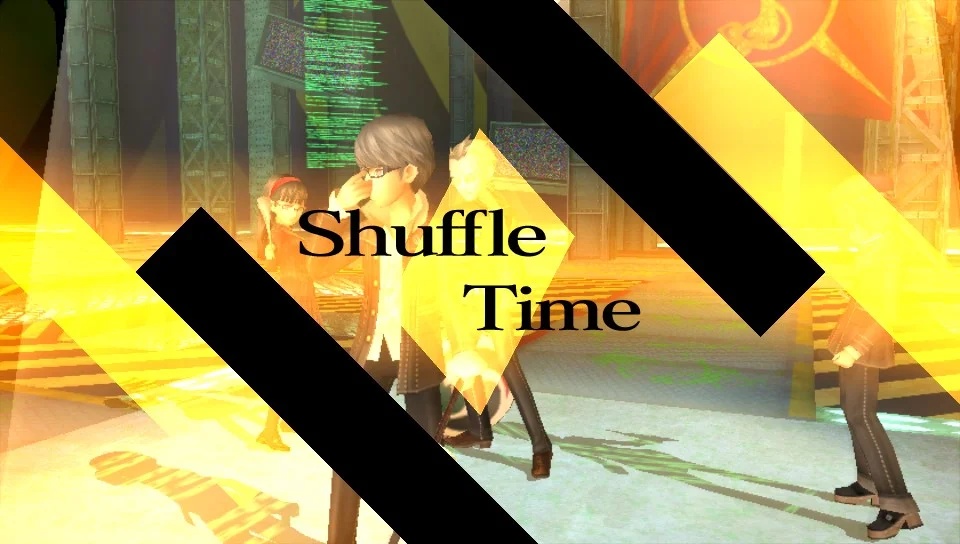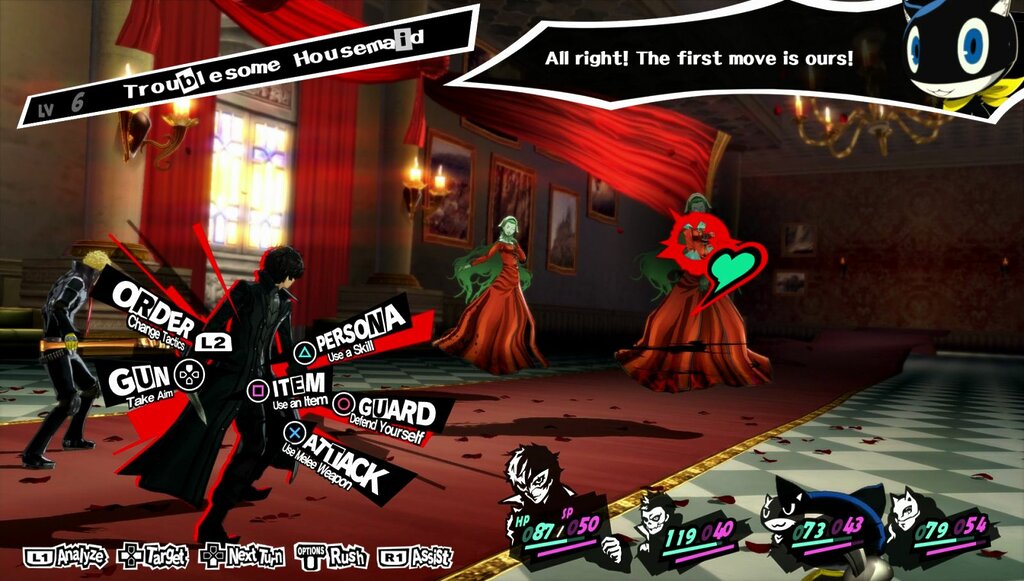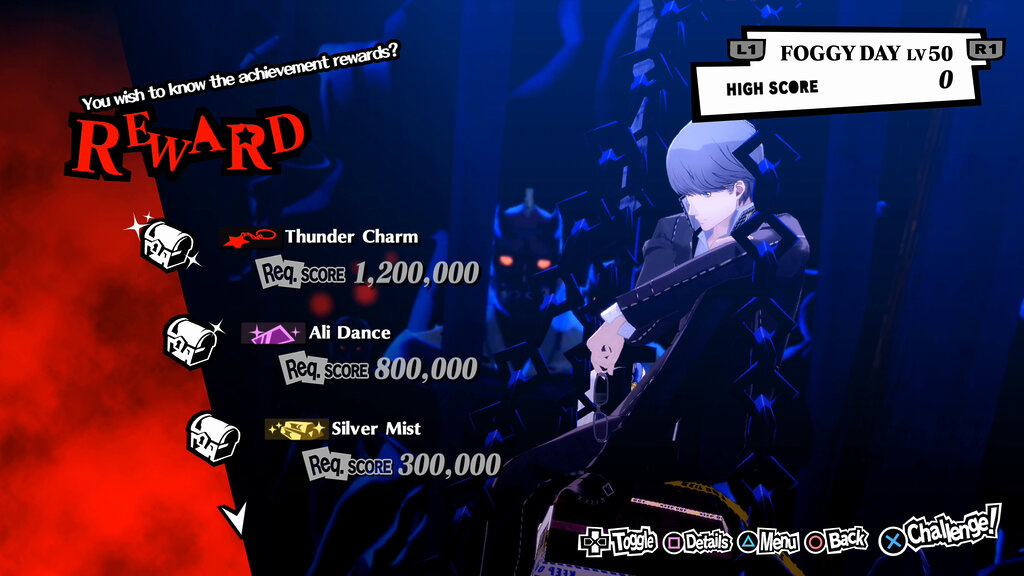- The return of Shuffle Time will undoubtedly enhance gameplay mechanics.
- Shuffle Time introduces an element of risk and reward to players after each battle.
- Players may become more motivated to explore dungeons knowing there is a reward at the end.
- The return of the mechanic will impact persona progression and will speed up the game’s progress.
People worldwide are waiting for the release of Persona 6, the new installment of the Persona RPG series. Despite there being limited information about the game, enthusiasts believe that it will resemble Persona 5 in many ways. Gamers are speculating about various aspects of the gameplay and mechanics of the game.
Return of Shuffle Time
One major topic of discussion is the revival of the Shuffle Time mechanic. This mechanic was found in the earlier games of the Persona series that influenced the overall gameplay big time. Players are excited and anticipate the return of this mechanic as in their words “it made the game more fun and exciting”.
Understanding Shuffle Time: A Recap from Previous Titles
In Persona 3 Shuffle time existed as a main method to reward the player after every battle. Players had to keep track of the card they wanted while avoiding the bad cards or summoning Persona’s infamous Reaper Boss.
The mechanic when activated allows players to draw a certain amount of cards that can then give them rewards and even a new Persona. The mechanic did however have its risks in the form of cards that may slow down progress. The feature typically manifests after completing dungeon battles.

The decision of a player in selecting a card becomes pivotal in this way as it determines the bonuses or losses after each battle. This adds an element of strategy building and anticipation to the post-battle phase, as seen in earlier persona games such as Persona 5.
Shuffle Time’s Potential Impact on Persona 6’s Dynamics
The inclusion of Shuffle Time in Persona 6 has the potential to influence the gameplay significantly. The mechanism forces players to make meaningful decisions after each battle.
The randomness of the presented cards creates unpredictability in the game where the selected card might either make or break the player’s progress. Players need to be aware of the risks and the rewards involved in each shuffle time. If used correctly players can capitalize on this and make speedy progress.

Furthermore, the mechanic could also catalyze to promotion of exploration and experimentation by players within Persona 6’s dungeons. This can lead to greater amounts of play time for people and can cause more attention driven towards the game’s dungeons.
This also adds to the game’s replay value, as no two gameplay will be the same. Dude, with randomized cards in each playthrough of the gamer, the progress will be different.
Persona Progression: Customization and Rewards

As the game progresses, players can gather new personas and bonuses through the Shuffle Time mechanic. This allows them to craft a team of their liking that reflects their gameplay preferences.
This allowed players to manage their offense, defense, and support. This also adds a sense of ownership through customization and invests the players to shape their team’s abilities and strengths.
Merging Confidants and Shuffle Time
In Persona 5, confidants played a major role in shaping relationships with various characters. This granted new abilities and enhanced the social interactions of the players. Let’s imagine if Persona 6 merged confidants with shuffle time.
If this were to happen, the bonds formed with characters would largely influence the gameplay. For example, the game may let players pick an extra card or return one. It could also slow down the shuffling so it’s easier to get the desired card. This could heighten the impact of the player’s social choices in the game, blending narrative depth with a tactical advantage.
Shuffle Time’s Contribution to Persona 6’s Story
Beyond its immediate gameplay implications, Shuffle Time can greatly impact Persona 6’s narrative and themes. By including the mechanic, developers can better their world-building and storytelling by using different methods. There is no doubt that Shuffle Time in Persona 6 will make the game stand out and create depth and player engagement.
It is quite obvious that Persona 6 is gonna be a great addition to the Persona series. If let flourish it will undoubtedly create a great atmosphere to indulge the player. The mix and matching of previous mechanics will take the game to great heights selling millions of copies.
Thank you! Please share your positive feedback. 🔋
How could we improve this post? Please Help us. 😔
[How To Guides Specialist]
Dayan Shahid is a skilled mechanical engineer passionate about technology. With certifications in various programming languages and subjects ranging from microcontrollers to aerial robotics, Dayan can effortlessly present complex technical topics in an engaging way. His ability to bridge the gap between theory and practical applications sets him apart as he continues to inspire others through their insightful content.





